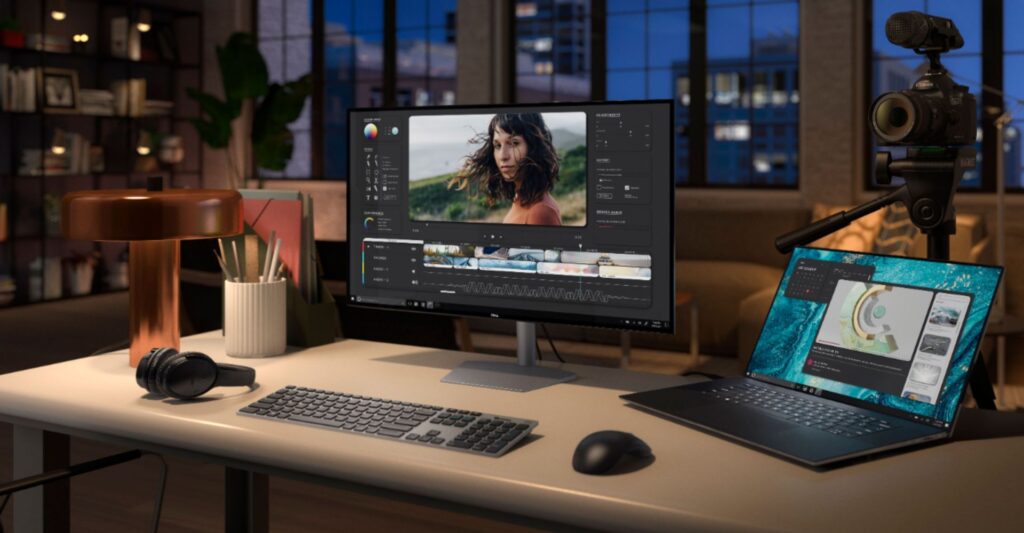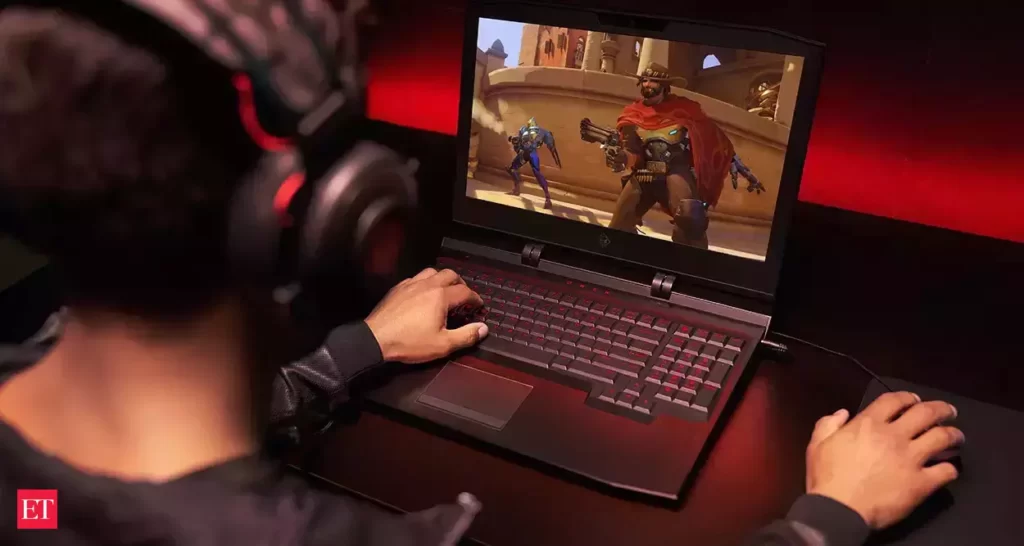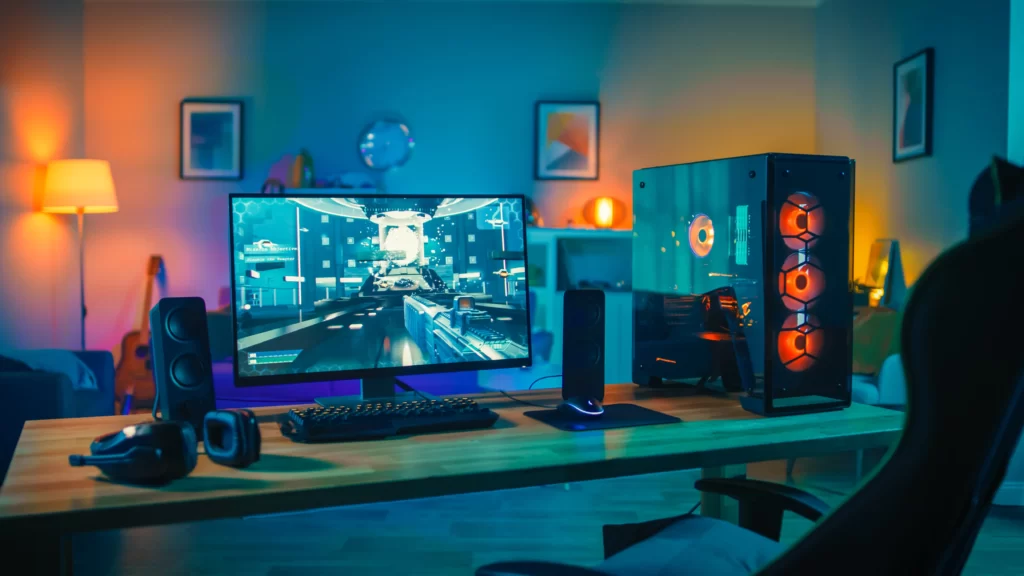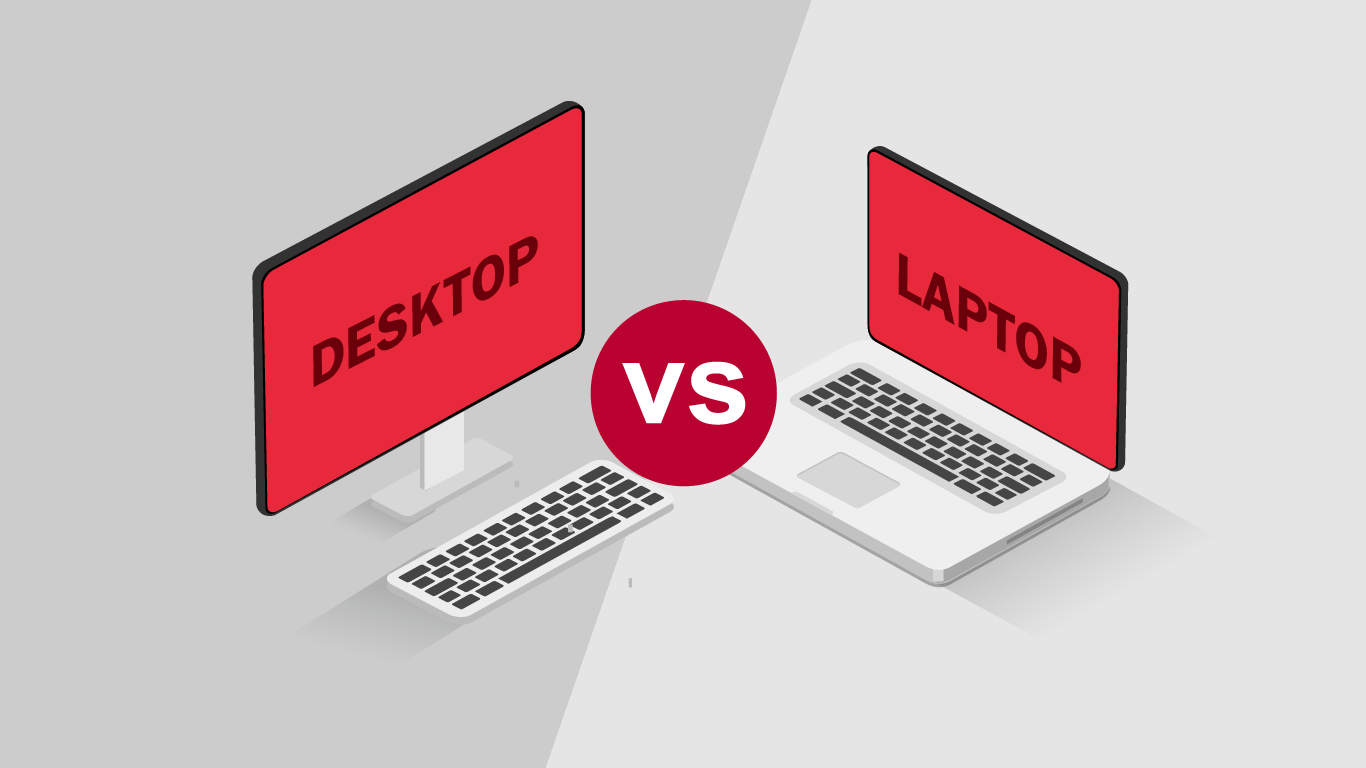Desktop and laptop computers are two of the most popular types of computers on the market. While both types of computers have their own strengths and weaknesses, there are several key differences between desktop and laptop computers that users should consider when deciding which one to use.

- Portability One of the primary differences between desktop and laptop computers is portability. Laptops are designed to be lightweight and portable, allowing users to easily take them with them on the go. Desktop computers, on the other hand, are designed to be stationary and are typically kept in one location, such as a home office or workspace.
- Performance Another significant difference between desktop and laptop computers is performance. Desktop computers are typically more powerful than laptops, as they are designed to handle more demanding applications, such as video editing or gaming. Laptops, on the other hand, are designed to be more energy-efficient and are typically less powerful than desktop computers.
- Upgradeability Another significant difference between desktop and laptop computers is upgradeability. Desktop computers are typically more upgradeable than laptops, as users can easily add or replace components, such as the CPU, graphics card, or RAM. Laptops, on the other hand, are designed to be more compact and are typically more difficult to upgrade, as many components are integrated into the system.
- Price Price is another significant factor to consider when comparing desktop and laptop computers. Desktop computers are typically less expensive than laptops, as they do not need to include components such as a battery or a display. In contrast, laptops are more expensive due to their portability and the need for components such as a battery and a display.
- Ergonomics Ergonomics is another area where desktop and laptop computers differ significantly. Desktop computers typically have a larger display and a separate keyboard and mouse, which can be more comfortable to use for extended periods of time. Laptops, on the other hand, are designed to be more compact and often have smaller displays and integrated keyboards and touchpads, which can be less comfortable to use for extended periods of time.
- Battery Life Battery life is another significant difference between desktop and laptop computers. Desktop computers do not have a battery and must be plugged into an electrical outlet to operate. Laptops, on the other hand, have a battery that allows them to be used without being plugged in. However, battery life can vary significantly depending on the model of the laptop and the applications being used.
- Display Size Display size is another area where desktop and laptop computers differ significantly. Desktop computers typically have a larger display, which can be more comfortable to use for extended periods of time and is better for activities such as video editing or gaming. Laptops, on the other hand, are designed to be more compact and often have smaller displays, which can be less comfortable to use for extended periods of time and may not be ideal for certain applications.
- Maintenance Maintenance is another significant difference between desktop and laptop computers. Desktop computers are typically easier to maintain, as users can easily open the case and clean or replace components as needed. Laptops, on the other hand, are more difficult to maintain, as many components are integrated into the system and may require professional repair or replacement.
- Connectivity Connectivity is another area where desktop and laptop computers differ significantly. Desktop computers typically have more ports and connections, which can be useful for activities such as connecting to a printer, scanner, or external hard drive. Laptops, on the other hand, are designed to be more compact and often have fewer ports and connections, which can be less convenient for certain activities.

In conclusion, desktop and laptop computers are two very different types of computers, each with their own strengths and weaknesses. Desktop computers are more powerful and less expensive, while laptop computers

